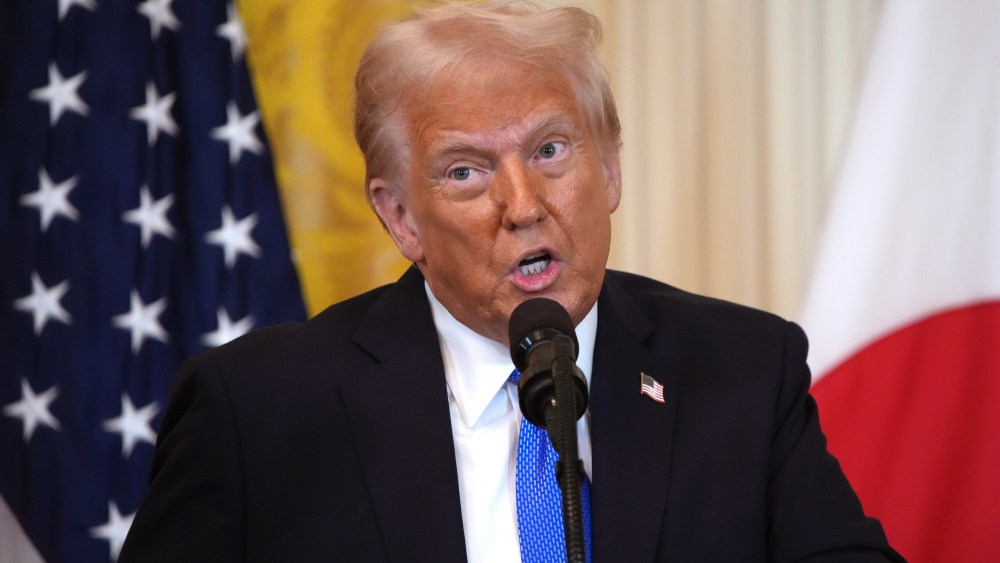A federal judge has denied the Associated Press (AP) immediate access to the White House press pool, amid an ongoing dispute over President Trump’s renaming of the Gulf of Mexico. Judge Trevor McFadden, appointed by Trump, turned down the AP’s request for a temporary restraining order but will consider a preliminary injunction in the coming weeks. This decision comes after two weeks of restricted access for AP reporters from key White House events, including those in the Oval Office and East Room. While the AP’s press credentials remain intact, its journalists have been excluded from the 13-member press pool, which also covers events on Air Force One.
The AP argued that the White House’s actions amount to retaliation for its refusal to use the new name, “Gulf of America,” instead of the traditional “Gulf of Mexico.” Judge McFadden acknowledged that targeting one news organization is “problematic” and hinted that legal precedents on press access do not favor the White House. However, he ruled that the AP had not sufficiently demonstrated “irreparable harm,” a necessary condition for granting a restraining order. Despite this, the judge advised the White House to reconsider its stance, suggesting that the legal landscape leans in favor of press access.
The White House celebrated the ruling as a victory, stating that access to the President is a “privilege, not a legal right.” In a statement, the White House accused the AP of spreading “lies” and asserting that President Trump’s administration is the most transparent in history. The AP, however, has vowed to continue fighting, with spokesperson Lauren Easton emphasizing the importance of press freedom and the public’s right to information without government retaliation. The next hearing is scheduled for March 20.
The dispute began on January 20 when Trump issued an executive order renaming the Gulf of Mexico to the Gulf of America. The AP refused to adopt the new name, citing its responsibility to use geographically recognizable terms for global audiences. The White House countered, accusing the AP of spreading misinformation and ignoring the “lawful geographic name.” This tension escalated on February 14 when a White House official criticized the AP’s decision on social media.
The White House Correspondents Association traditionally manages the press pool, which includes an AP reporter and photographer. However, the Justice Department argued that the President has discretion over who receives special access to exclusive events. They claimed that the AP is treated like the majority of outlets that do not participate in the pool. The DOJ also emphasized that the AP can still cover White House events through reports from other pool members.
The AP’s lawsuit challenges the White House’s actions as a violation of the First Amendment, arguing that the administration is attempting to compel speech by retaliating against the news organization. The AP seeks to restore access to pooled events while the case is ongoing. This legal battle highlights the ongoing tensions between the Trump administration and the media, raising important questions about press freedom and government retaliation. The outcome of this case could set a precedent for how future administrations handle press access and conflicts with news organizations.
